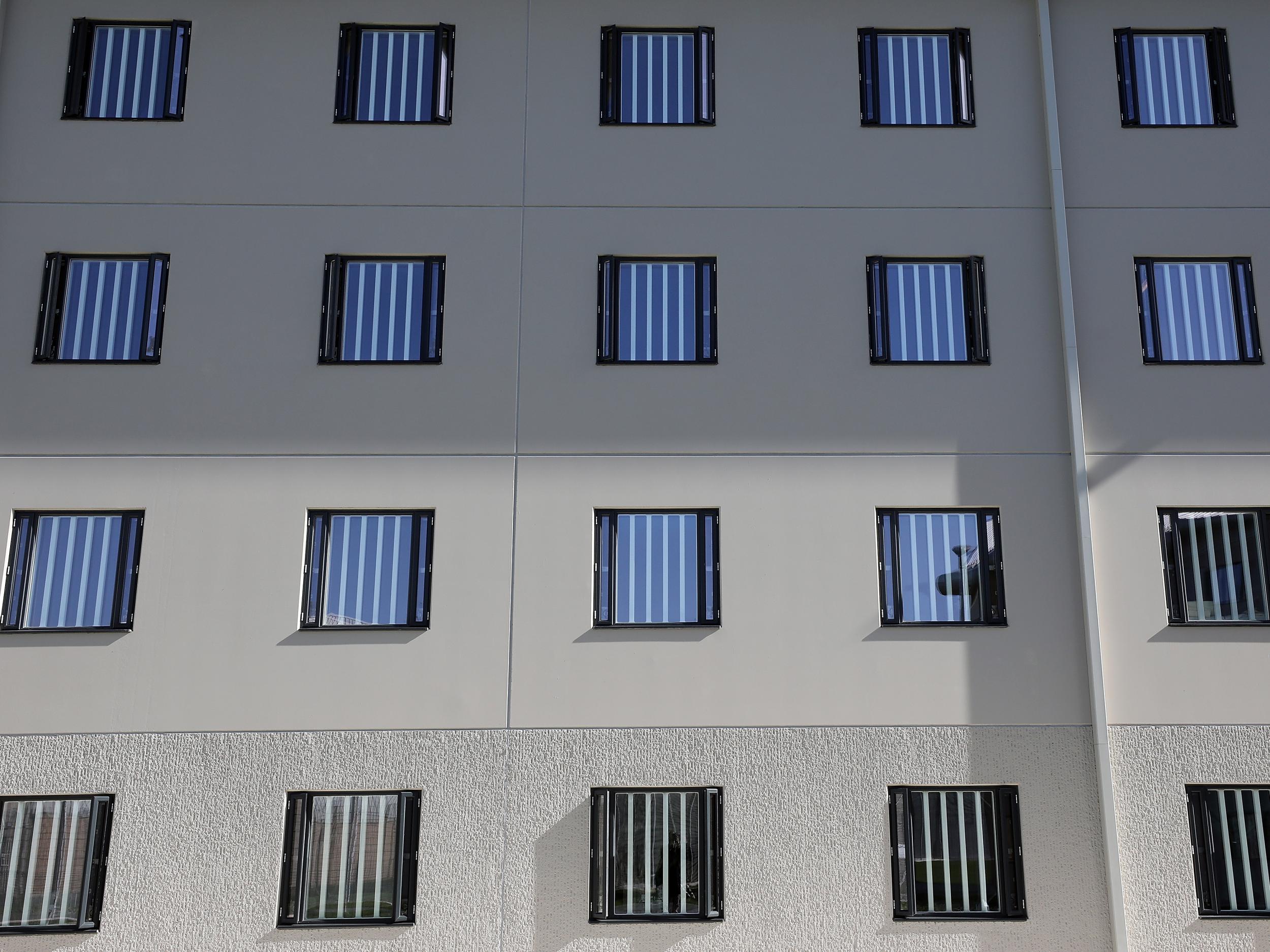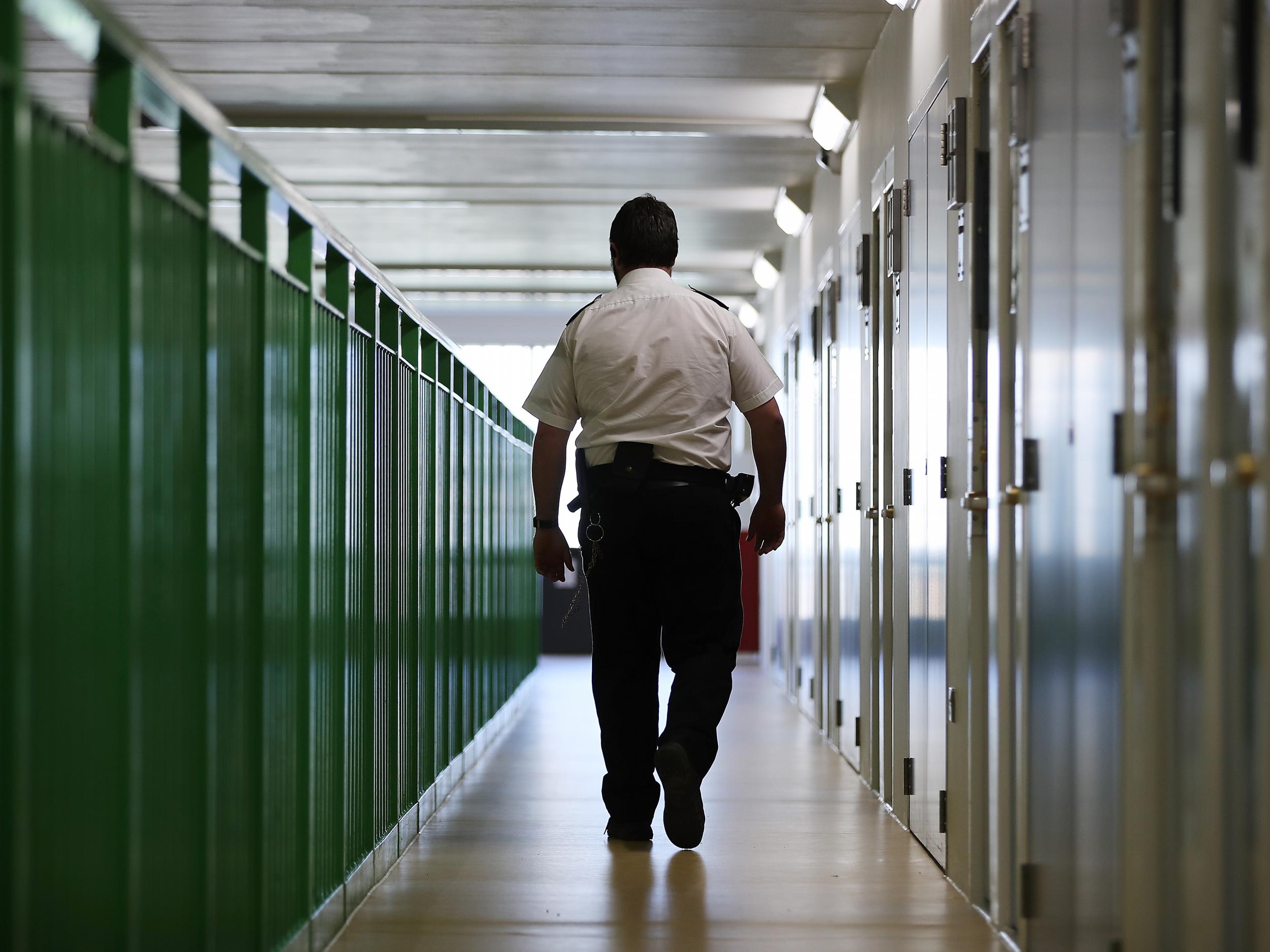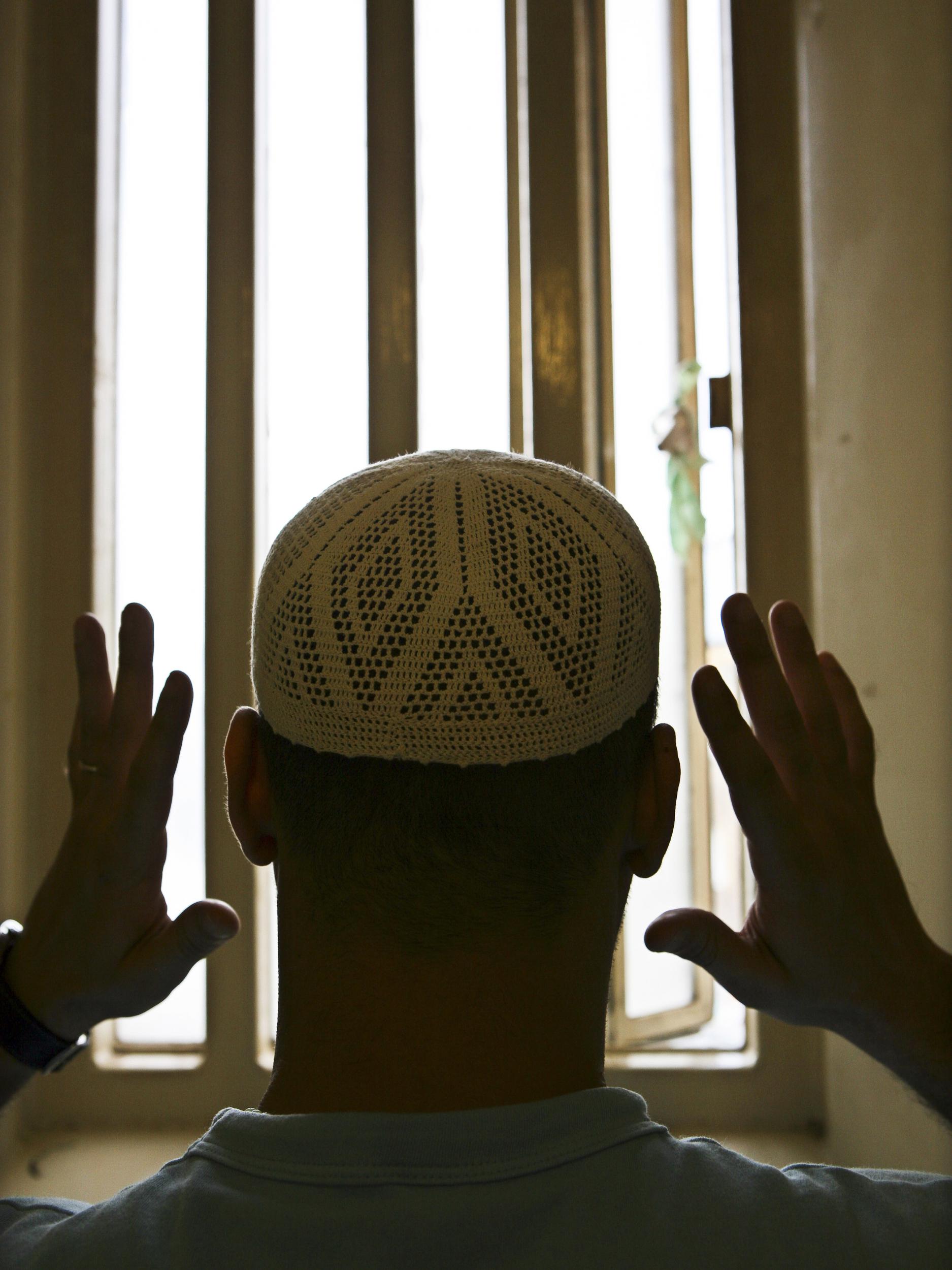Drug convictions fuel surge in Muslim prisoners
‘This increasing Muslim prison population is a symptom of a broken justice system and a gang problem that is rapidly getting worse,’ says Dr Mohammed Qasim

An alarming surge in the number of Muslims being jailed for drug offences has prompted accusations that the Government is failing to deal with growing social problems in Britain’s impoverished Islamic communities.
The number of Muslims in prison for drug offences in England and Wales has jumped by 63 per cent over seven years, rising from 2,089 in 2010 to 3,406 in 2017, according to figures obtained by The Independent using Freedom of Information laws.
Over the same period, the number of non-Muslims in prison for drug offences has declined by more than 10 per cent.
More than a quarter of all Muslims currently in prison have been incarcerated because of drug offences, compared to 13 per cent of all non-Muslim prisoners.
Experts say these numbers should serve as a warning to the Government that more needs to be done to integrate young Muslims from deprived areas into mainstream British society.
“This increasing Muslim prison population is a symptom of a broken justice system and a gang problem that is rapidly getting worse,” said Dr Mohammed Qasim, a criminologist at Leeds Beckett University who has spent more than a decade researching crime in British Muslim communities.
“Mosques and the older generations within Islamic communities don’t know how to stop young people turning to dealing, and at a Government level there is no real understanding of the problem.”
Dr Sundas Ali, a lecturer at the University of Oxford who studies Muslim integration in the UK, believes that demographics are a major factor.

Britain’s Muslim population is younger than the national average and many families live in poor areas of the country with limited job opportunities.
In 2015, Dr Ali published an analysis of census data that revealed 46 per cent of Muslims live in the 10 per cent of local authorities that are most deprived.
“My hypothesis is that this situation has either stayed the same or worsened since the last census,” she said.
“The likelihood of someone becoming involved in drug dealing is closely linked to the environment they grow up in.”
The latest statistics have been obtained in the wake of several high-profile police operations targeting drug gangs that come from Islamic backgrounds.
Earlier this month, six members of a Manchester gang were sentenced to a total of more than 40 years in jail after being caught with drugs worth more than £500,000 and an array of weapons.
In July 2017, eight members of a Birmingham drugs network were jailed for a total of 138 years after trying to smuggle heroin worth £19m into the UK.
Also last year, 35 criminals linked to a Bradford-based drug gang were jailed for a total of almost 100 years after being caught smuggling heroin from Pakistan to the UK in pen lids.
The increase in the number of Muslims being imprisoned for drug offences has been the driving force behind a 24 per cent increase in the UK’s Islamic prison population over the last seven years.
Over the same period the number of non-Muslims in prison in England and Wales has declined.
As of September 2017, Muslims made up 15.4 per cent of Britain’s prison population and around 5 per cent of the general population. As well as socio-economic factors, there are concerns that systemic biases against Muslims may kick in when they come into contact with police, prosecutors and courts.
In September last year, as part of a report on race disparity in the criminal justice system, Labour MP David Lammy called for increased transparency.
He said the rising number of Muslims in prison was a “worrying trend” that “risks becoming a source of social division”.
Commenting on The Independent’s findings, Mr Lammy said: “My review found significant disproportionality in terms of how our justice system treats individuals from different ethnic backgrounds, and these figures are a further cause for concern.

“This disproportionality begins with stop and search. The most recent data shows that Asian individuals are twice as likely to be stopped and searched than white individuals.
“Tonight there will be young Muslim men being stopped in Bradford or Tower Hamlets by the police while their white middle-class counterparts at a campus university somewhere in middle England will be smoking a joint with impunity, with no police in sight.”
Abdul Ashkani* started selling heroin as part of a Pakistani gang in Bradford when he was 15 years old.
He was eventually caught during an undercover police operation and sentenced to six years in prison.
Ashkani says it’s harder for Muslims to get jobs and they are given harsher punishments if they are caught committing a crime.
“There’s too many Muslims getting slammed [given long sentences] by the courts,” he said.
“They’re getting time when others are getting off light. Just look at the prison system – it’s full with Muslims doing hefty time. It’s unbelievable how many Muslims are in there.
“Muslims are seen as a public enemy. They are targeted by everyone: the police, the courts, racist groups – you name it.”
According to Ashkani, the process of leaving prison and returning to a normal life without crime is especially difficult without support.
He says more needs to be done, by both Islamic community groups and the Government, to guide young Muslims into mainstream professions and keep them away from criminal activities.
“Poor people, irrelevant of religion, should have the chances to find a way out of poverty,” he said.
South London-based Imam Farhad Ahmad also said the new figures gave cause for concern and called for more work to be done to get to the root causes.
“There are socio-economic issues that need to be looked at,” he said. “The frustrations that are leading them to criminality need to be analysed in detail in order to better their situation.
“It is by giving hope and opportunities to those previously hopeless … that we can eradicate evils of society such as gang culture and drugs.”
A Home Office spokesperson insisted the drug strategy it launched in July last year was fit for purpose and set out a balanced approach to the illicit drug trade.
“We will take a targeted approach for vulnerable groups, including the families of drug users and those not in education or employment,” they said.
*Ashkani’s name has been changed to protect his identity
